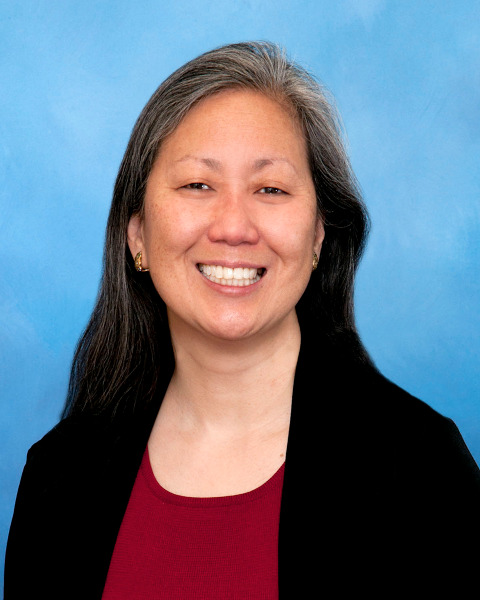Research Staff COVID-19 Pandemic Response Survey: Results From the NHLBI PETAL Network
-
JG
Jasreen Gill, MBBS , CCRP
Clinical Research Coordinator
Henry Ford Hospital
Detroit, MIDisclosure information not submitted.
-
AC
Aaron Cook, BS
Research Coordinator
Henry Ford Hospital, United StatesDisclosure information not submitted.
-
AJ
-
SR
-
JD
Jacqueline Day, BSN,RN
BSN,RN
Henry Ford Hospital, United StatesDisclosure information not submitted.
-
GJ
-
KN
-
JS
-
AG
-
MW
-
RS
-

Namita Jayaprakash, MB, MD, BcH, BAO
Senior Staff Physician, Clincial Assistant Professor
Henry Ford Hospital
Detroit, MIDisclosure information not submitted.
-
JG
Jayna Gardner-Gray, MD
Senior Staff Physician
Henry Ford Hospital
Detroit, MIDisclosure information not submitted.
-
ER
Emanuel Rivers, BS, MD, MPH, IOM
Physician
Henry Ford Hospital, United StatesDisclosure information not submitted.
-

Robert Hyzy, MD, MCCM
Physician
University of Michigan Health System
Ann Arbor, Michigan, United StatesDisclosure information not submitted.
-

Pauline Park, MD, FCCM
MD,FACS,FCCM
University of Michigan, United StatesDisclosure information not submitted.
-
NJ
Nicholas Johnson, MD, FCCM
UW Medicine Harborview Medical Center
Seattle, WashingtonDisclosure information not submitted.
-
LR
Lora Reineck, MD, MS
MD MS
Division of Lung Diseases, NHLBI, United StatesDisclosure information not submitted.
First Author(s)
Co-Author(s)
Title: Research Staff COVID-19 Pandemic Response Survey - Results from the NHLBI PETAL Network.
Background: During the COVID-19 pandemic, the initial understandings of disease pathogenesis and treatment interventions were limited. Research efforts were crucial to ease the burden on the medical community and society. Interactions of non-essential healthcare workers (including researchers) with COVID-19 patients were limited based on the recommendations of the CDC and the WHO. These restrictions created challenges for research staff.
Objective: We aimed to understand research safety and challenges experienced by members of the NHLBI PETAL Network; a clinical trial network focused on prevention and early treatment of acute lung injury. Identifying safety concerns could help develop mitigation strategies and plan proactively in a pandemic.
Methods: We performed an anonymous 37 question web-based survey, which was distributed via e-mail from 09/29/2020 to 11/29/2020 to all the active PETAL Network members (research coordinators, investigators, and ancillary personnel) with weekly reminders. The PETAL Network Central IRB at the Vanderbilt University Medical Center determined this works as a non-research determination. We collected demographics and educational background of the respondents.
Results: The survey response rate was 41.5% with respondents from 24 states. 91% of respondents indicated that COVID-19 impacted research. 20% were assigned to different roles due to COVID. Work related exposure to COVID-19 was reported by 56% of respondents. More than 50% of researchers got tested for COVID-19, with 8% resulted positive. 34% of respondents experienced shortages of personal protective equipment (PPE), primarily lack of access to N95 masks, followed by gowns and protective eyewear. PPE reallocation from research to clinical use was reported by 31% of respondents. The fear of infection increased 3.5-times from pre-COVID. Respondents, regardless of these logistical challenges, indicated their willingness to enroll COVID-19 patients, however,12% of respondents would refuse to enroll COVID-19 research patients.
Conclusion: Despite numerous stressors, including exposure and infection of research staff, members of the PETAL Network were heavily engaged in COVID-19 clinical trials and research. These stressors relate to logistical challenges for research conduct, access to PPE, sample processing and fear of exposure.
